“In this time of extraordinary pressure, educational and social, perhaps a mother’s first duty to her children is to secure for them a quiet growing time, a full six years of passive receptive life, the waking part of it for the most part out in the fresh air.” (Vol. 1, p. 43)My toddler Gael, who is now 4 is not yet formally homeschooling. We decided to delay him unlike the eldest who started at a very young age. His Kuya Gabi started reading at the age of 5 and was accelerated to Grade 1. This was back in the days when he was still in the conventional school. There are pros and cons to that and when we started homeschooling, we want to do things differently.
Charlotte Mason advised formal schooling should start at age 6. That's why we are not rushing our second son. We don't want to deprive him at this stage with a quiet growing time and later on suffer during formal schooling. As much as possible we want him to enjoy these formative years. I learned a lot from Gina's talk on Charlotte Mason Immersion: Early Years and we are trying our best to be as close as possible to Miss Mason's principles and I am still learning from her and other like-minded Mommas out there.
Playtime
His routine is more on play time. He doesn't join our morning basket yet because he is usually up late. When he is awake, he is usually on his own and he keeps himself busy while I homeschool the eldest. I don't need to entertain him because he can do it for himself. Besides, life is just too interesting for boredom. He is learning thru play and I leave him to direct his own play and not to meddle.
Sometimes, I gave him different manipulatives like sticker books, empty boxes, coins, beans, pins, marbles, stamps and basically anything available at home. I let him play and be creative with it. I can see that he invent his games and makes a lot of pretend plays which is far better than having him sit down and do some worksheets or "busy work" at this stage. I am trying my best to get away from contrived activities as much as possible thus giving him more free time.
Most of the time we are together in our school room, so he gets the chance to listen to our read-aloud. I can hear him copying his older brother, repeating words and phrases and even volunteering to narrate. He will also join his big brother in different activities like experiments.
Read-aloud
His routine is more on play time. He doesn't join our morning basket yet because he is usually up late. When he is awake, he is usually on his own and he keeps himself busy while I homeschool the eldest. I don't need to entertain him because he can do it for himself. Besides, life is just too interesting for boredom. He is learning thru play and I leave him to direct his own play and not to meddle.
Sometimes, I gave him different manipulatives like sticker books, empty boxes, coins, beans, pins, marbles, stamps and basically anything available at home. I let him play and be creative with it. I can see that he invent his games and makes a lot of pretend plays which is far better than having him sit down and do some worksheets or "busy work" at this stage. I am trying my best to get away from contrived activities as much as possible thus giving him more free time.
Most of the time we are together in our school room, so he gets the chance to listen to our read-aloud. I can hear him copying his older brother, repeating words and phrases and even volunteering to narrate. He will also join his big brother in different activities like experiments.
Read-aloud
We do our read-aloud in the morning, during quiet time, before bedtime or whenever he likes. I read him Bible stories in the morning and then he is free to choose what to read aloud afterward. I learned to be intentional in choosing books. Not because it is a pretty book, it's a good one. A good book needs to have a distinct literary flavor as Charlotte Mason suggested.
“They must grow up upon the best. There must never be a period in their lives when they are allowed to read or listen to twaddle or reading-made-easy. There is never a time when they are unequal to worthy thoughts, well put; inspiring tales, well told.” (Vol. 2, p. 263)
I'm blessed to have a guide list from Ambleside Online to help me pick living books. I don't need to stress about choosing the “right” books, AO has done that for me. We have a few AO Year 0 books already but I don't pressure myself on getting all of them. After all, it's not about getting through a certain number of books. In fact, the fewer books the better. He has already favorited some books at this point which we are reading for the nth time - the Little Engine That Could and Story About Ping. He already memorized a few lines from the book because of repetition.
“Guard the nursery; let nothing in that has not the true literary flavour; let the children grow up on a few books read over and over, and let them have none, the reading of which does not cost an appreciable mental effort.” (Vol. 5, p. 215)
“The children should have the joy of living in far-lands, in other persons, in other times–a delightful double existence; and this joy they will find, for the most part, in their story-books.” (Vol. 1, p. 153)
Household Chores and Life Skills
While there are tons of resources on Pinterest for Preschool activities at our disposal, it is best to involve our kids in our normal everyday activities and chores. They can do simple things like sweeping, wiping, setting the table, beat eggs, etc. I usually allow him to give a hand in the kitchen or whenever I do some cleaning. There are also times he is with his Dad doing woodworks. But I always want to remind myself not to overstimulate or over do.
Letters and Numbers
He is learning math through different household stuff. We count cookies, coins, or even the scoops whenever we prepare his milk/choco. He learned colors while identifying different cars in the midst of traffic. We identify different shapes at home or everywhere. Hence, learning came pretty naturally. No need for worksheets. I actually let go of them when I embraced Mason's principles.
At this point, I am starting to expose him to more letters and numbers in preparation for reading and writing. I actually started doing "letter of the week" and we are currently on letter "Q". I'll make another post on that.
Afternoon Riches
Tea time is his favorite. He likes to do Poetry, Art Study, Music Study, and Solfa while munching snacks. Sometimes, I gave him scissors and papers, crayons or paint brush and he will just paint anything he likes. We also sing hymns, folk songs, and nursery rhymes. But I don't require him to complete all, we just do it when he wants, at most 10 minutes.
The Joy of the Outdoor
I also allow him to play outside in the open air, at least in our front yard where he can play with soil or stones, squirt water on the plants and get dirty. Nature has all those sensory things they need. We scheduled Friday for our nature walk/study. We roam around the subdivision trying to spot new flowers and plants in the neighborhood and bring home something to sketch. It's a great time to appreciate and marvel at God's creation.
“The consideration of out-of-door life, in developing a method of education, comes second in order; because my object is to show that the chief function of the child––his business in the world during the first six or seven years of his life––is to find out all he can, about whatever comes under his notice, by means of his five senses; that he has an insatiable appetite for knowledge got in this way; and that, therefore, the endeavour of his parents should be to put him in the way of making acquaintance freely with Nature and natural objects; that, in fact, the intellectual education of the young child should lie in the free exercise of perceptive power, because the first stages of mental effort are marked by the extreme activity of this power; and the wisdom of the educator is to follow the lead of Nature in the evolution of the complete human being.” (Vol. 1, pp. 96-97)
So there you go, basically no rush, no schedule and no order as of yet. Wide feast of things but not formal. We are getting a lot of experiences and just preparing him for the discipline of habit and joy of life out of doors. In this stage, we just need to introduce them to basic life and habits. They will learn everything they need simply through repetition, habits, observation, nature, and life skills.
[If there is nothing better to think about,] “the children who are persons endowed with minds, clamour to be taught to read and write. We can do it with our children if we like, but it must be at the like cost, the exclusion of the intellectual and imaginative interests and joys proper to children, the devotion of dreary hours every day to these dead pursuits. No, let us be content to be the handmaids of Nature for the first five or six years, remembering that enormous as are the tasks she sets the children, she guides them into the performance of each so that it is done with unfailing delight; for gaiety, delight, mirth belong to her method. If a child chooses to read and write before he is six, let him, but do not make him; and when he does begin, there is no occasion to hurry; let him have a couple of years for the task.” (Mason, Three Educational Idylls, 811)

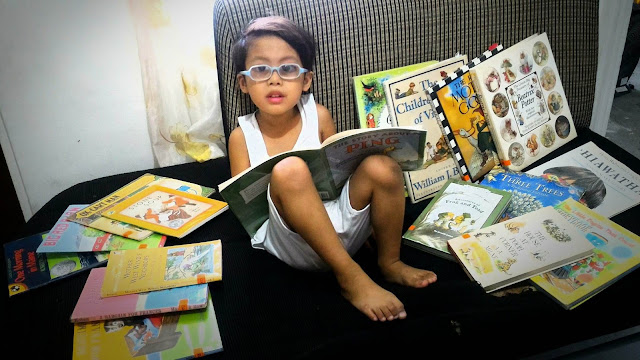
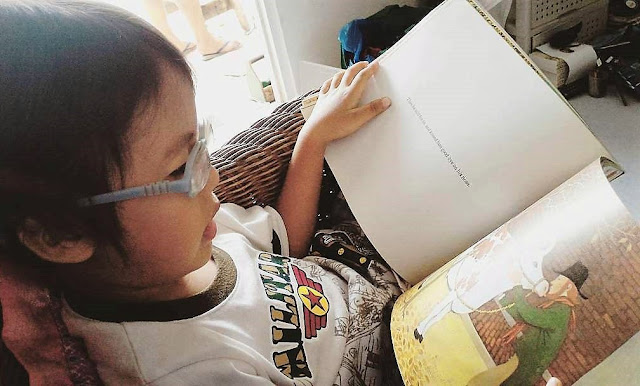
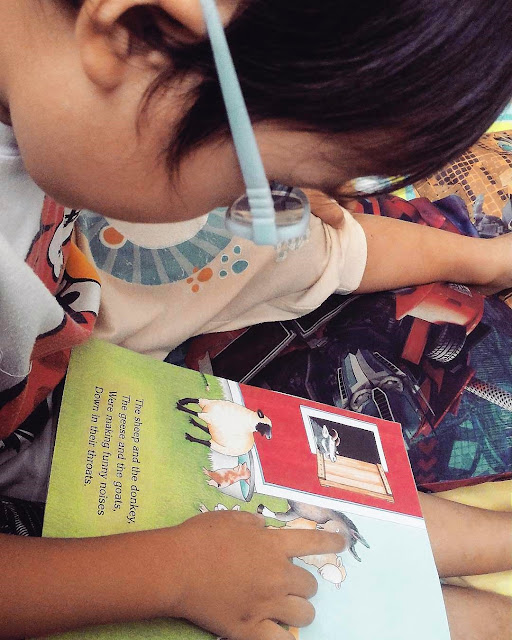
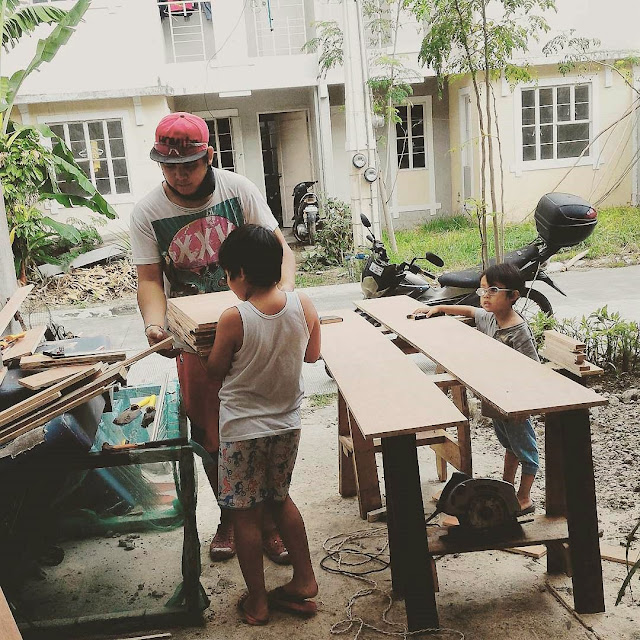
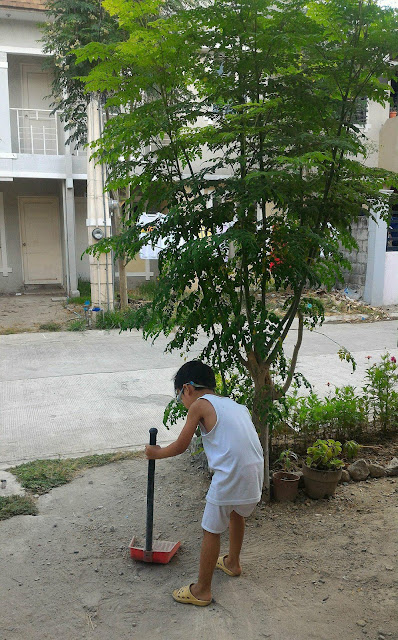
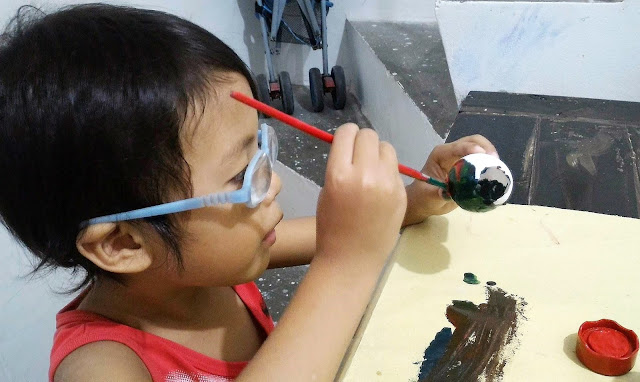
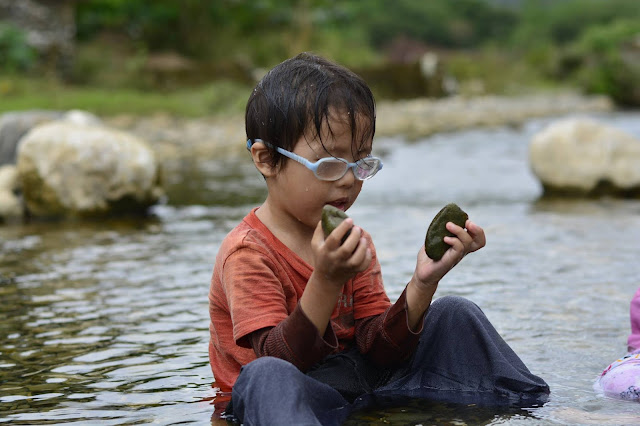

No comments:
Post a Comment